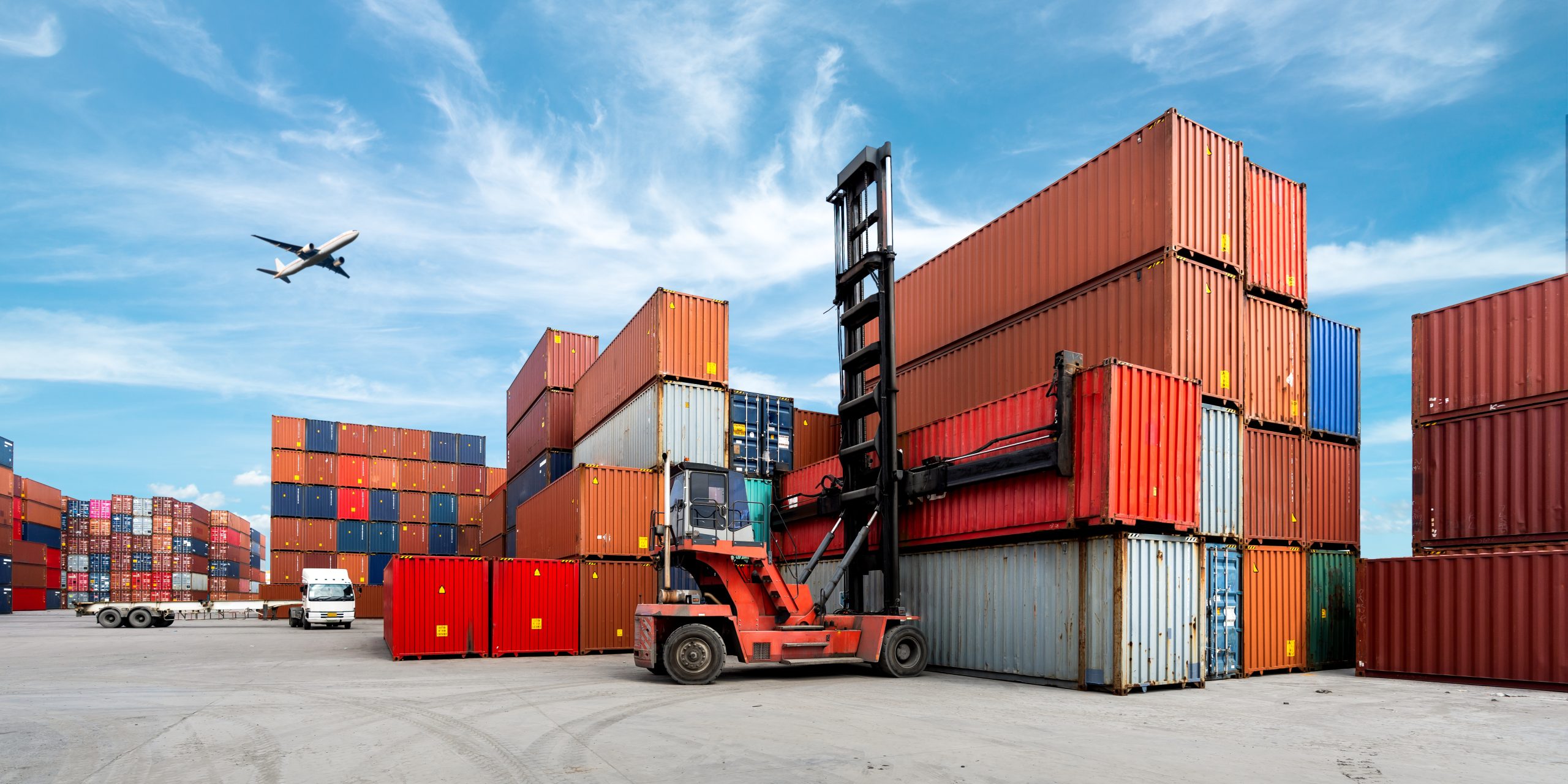Brief information about incoterms and explanation for all terms of incoterms
Incoterms, short for International Commercial Terms, is a set of standardized terms and definitions that are widely used in international trade to determine the rights and responsibilities of the buyer and seller in relation to the delivery of goods. Incoterms are published by the International Chamber of Commerce (ICC) and are updated periodically to reflect changes in international trade practices.
There are eleven Incoterms that are commonly used in international trade, and they are grouped into four categories based on the mode of transport used:
- EXW (Ex Works) – This term means that the seller makes the goods available at their own premises (works, factory, warehouse, etc.) and the buyer is responsible for arranging and paying for transportation and insurance.
- FCA (Free Carrier) – This term means that the seller delivers the goods to the carrier nominated by the buyer at the named place (e.g. factory, warehouse, etc.). The buyer is responsible for arranging and paying for transportation and insurance.
- CPT (Carriage Paid To) – This term means that the seller delivers the goods to the carrier nominated by the buyer at the named place and pays for the transportation to the named destination. The buyer is responsible for insurance.
- CIP (Carriage and Insurance Paid To) – This term means that the seller delivers the goods to the carrier nominated by the buyer at the named place and pays for the transportation and insurance to the named destination.
- DAP (Delivered at Place) – This term means that the seller delivers the goods to the named place, but the buyer is responsible for unloading the goods and paying for transportation and insurance.
- DPU (Delivered at Place Unloaded) – This term is similar to DAP, but it also includes the responsibility for unloading the goods.
- DDP (Delivered Duty Paid) – This term means that the seller delivers the goods to the named place, clears the goods for import, and pays for any duties and taxes. The buyer is responsible for unloading the goods.
- FAS (Free Alongside Ship) – This term means that the seller delivers the goods alongside the vessel at the named port of shipment and pays for the transportation to the port. The buyer is responsible for loading the goods on the vessel and paying for insurance and any other costs related to the shipment.
- FOB (Free On Board) – This term means that the seller delivers the goods on board the vessel at the named port of shipment and pays for the transportation to the port. The buyer is responsible for loading the goods on the vessel and paying for insurance and any other costs related to the shipment.
- CFR (Cost and Freight) – This term means that the seller pays for the transportation of the goods to the named port of destination and is responsible for the cost of the goods and the freight for the transportation. The buyer is responsible for insurance and any other costs related to the shipment.
- CIF (Cost, Insurance & Freight) – This term means that the seller pays for the transportation of the goods to the named port of destination and is responsible for the cost of the goods, the freight for the transportation, and the insurance.
Here is a table indicating the risk degree to the buyer and seller for each widely used Incoterm:
| Incoterm | Risk to Buyer | Risk to Seller |
| EXW | High | Low |
| FCA | Moderate | Low |
| CPT | Moderate | Low |
| CIP | Moderate | Low |


Leave a Reply